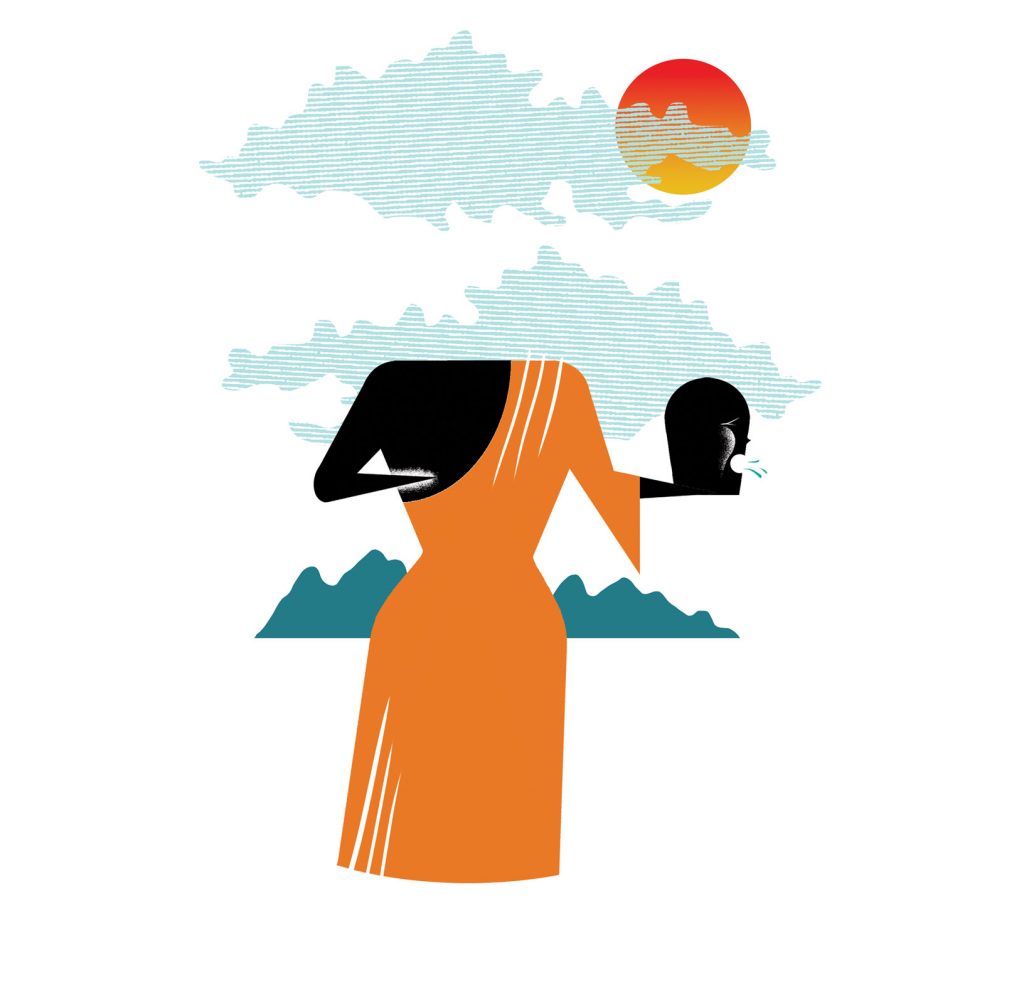So long as the mind feels pleasure and pain, it’s drunk. Even while practicing the dhamma, it’s drunk, you know. People can get drunk eating rice—there’s no need to drink alcohol. If you eat a lot of rice, you can get drunk—drunk on rice. The same with the dhamma: Don’t get drunk on it. When people are drunk on the dhamma, they don’t stop. They keep on talking. If they see anybody coming, they want to grab him by the arm and give him a sermon on the dhamma. That’s a sign that they’re drunk on dhamma. They go after everybody: “I want to teach that person; I want to do this person a favor by teaching him the dhamma”—and so they do a favor to the entire country by teaching the dhamma. That’s a sign of drunkenness. Being drunk on the dhamma is no different from being drunk on alcohol. They’re really similar. Don’t go there. You have to look carefully, again and again, for sometimes something is dhamma, but it’s drunk. That’s not right.
♦
From Still, Flowing Water, by Venerable Ajahn Chah, trans. Thanissaro Bhikkhu © 2013. Reprinted with permission.
Thank you for subscribing to Tricycle! As a nonprofit, we depend on readers like you to keep Buddhist teachings and practices widely available.
